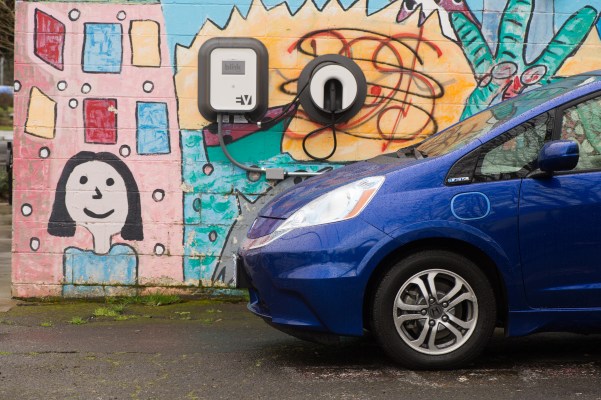
Honda’s new goal is to achieve 100% EV sales in North America by 2040 as part of its broader target of being carbon neutral by 2050. CEO Toshihiro Mibe announced planned shift away from internal combustion engines at a news conference on Friday, his first since taking over executive leadership of the company in early April.
This is the latest in a stream of pledges from legacy car manufacturers to introduce high percentages of zero-emissions vehicles into their fleets and achieve carbon neutrality. General Motors plans to eliminate gas and diesel light-duty cars and SUVs by 2035 and be carbon neutral by 2040, and Mazda, Mitsubishi and Nissan have all said they plan to reach net-zero carbon emissions by 2050. Honda’s goals are also in alignment with Japan’s electrification strategy, which aims for a 46% cut in emissions by 2030.
Honda will start on this road immediately, expecting EVs to account for 40% of sales by 2030, and 80% by 2035 in all major markets. By the second half of 2020, Japan’s second-largest automaker will launch a series of new electric models in North America based on the company’s in-house e:Architecture platform, which “increases the commonality of the body and three primary EV components (battery, motor and invertor) while also featuring high space efficiency and battery mounting efficiency,” according to a Honda spokesperson.
Honda, and its subsidiary Acura, will also introduce two large-sized EV models using GM’s Ultium batteries by 2024. The company will further its collaboration with GM by using fuel cell technology for a range of vehicles and applications, like commercial trucks and power sources.



